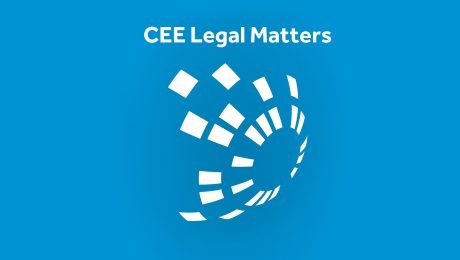What are the new amendments to the Law on Planning and Construction bringing?
- Published in Client Updates
Novelties in the Law on Amendments to the Law on Foreigners and the Law on Employment of Foreign Citizens
- Published in Client Updates
Živković Samardžić Advises on the Sale of Eurobank Direktna to AIK Banka
Serbian banking market continues with consolidation and Živković Samardžić is again on the spot. Živković Samardžić, one of Serbia’s leading full-service independent law firms, has advised the shareholders of Eurobank Direktna a.d. Beograd (“Eurobank Direktna”) on the sale of the entire stake of 100% in Eurobank Direktna to AIK Banka a.d. Beograd(“AIK Banka”). Eurobank Direktna is headquartered in
- Published in Deals and Cases
Živković Samardžić Appointed as the Legal Advisor to the Republic of Equatorial Guinea
Živković Samardžić has been appointed as the legal advisor to the Republic of Equatorial Guinea relating to the negotiations and conclusion of commercial agreements with Serbian companies for the purchase of goods as well as to providing all additional legal services and consultations required by this country regarding its business operations in Serbia. Earlier this year the
- Published in Deals and Cases
Vesna Živković Authored an Article on Electronic Signatures and Archiving in Serbia in CEE Legal Comparative Guide
- Published in Publications
Živković Samardžić has Provided Support on the Sale of Arriva Group’s Business in Serbia
Arriva Group, the European passenger transport service provider, has reached an agreement to divest its Danish business “Arriva Danmark A/S” and Serbian business “Arriva Litas d.o.o”, as well as its bus business in Poland “Arriva Bus Transport Polska Sp. z o.o” to Mutares SE & Co. KGaA, an international financial investor. The sale covers the
- Published in Deals and Cases
Živković Samardžić Advises TITAN Cementara Kosjerić on Merger with Its Affiliated Company
Živković Samardžić has advised TITAN Cementara Kosjerić, the Serbian subsidiary of TITAN Cement Group, on merger with Stari Silo Company, its affiliated company for development of building projects. As a result of the merger, Stari Silo Company ceased to exist and became part of TITAN Cementara Kosjerić. TITAN Cement Group is an international, cement and building materials producer aspiring to serve
- Published in Deals and Cases
Branislav Živković an interview with CEE Legal Matters
- Published in In the Media









